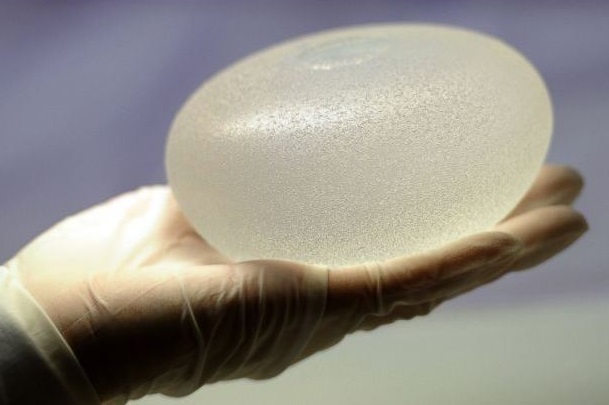
Nov. 24, 2019: Breast implants have once again come to the forefront of a safety scare recently as a health watchdog said there was a ‘clear link’ between them and cancer.
The French medicines regulatory agency not long ago issued a warning, citing ‘clear link’ between breast implants and cancer. The agency says it is giving breast implant manufacturers 12 months to prove their products are safe.
However, the British counterpart agency has stressed that the link with cancer has not been confirmed, and the US Food and Drug Administration, has said that ‘All of the information to date suggests that women with breast implants may have a very low but increased risk of developing ALCL.’
The concern about breast implants and link with cancer particularly surround a blood cancer called breast implant associated anaplastic large cell lymphoma (BIA - ALCL).
The condition occurs when diseased white blood cells multiply rapidly, building up in the neck, armpit or groin. The cancer grows quickly and, while it is often easily treated with chemotherapy, it can kill.
There are fears that it can be triggered by bugs that cling to implants, meaning that women who have had breast enlargement surgery are at higher risk of it than usual.
It usually develops after women have had the implants for several years, with the main symptom a painless swelling of the breast.
There have been an estimated 250 cases of BIA – ALCL in women with breast implants worldwide, including 18 in France, and eight deaths.
‘Anaplastic large cell lymphoma is a very rare tumour in the breast, which is believed to have an incidence of between one in 300,000 and one in a million.
Although a cause and effect relationship has not been conclusively established, women with implants are advised to look out for signs of the disease while carrying out regular checks on their breasts.
Related stories:
DATELINEHEALTH AFRICA INC., is a digital publisher for informational and educational purposes and does not offer personal medical care and advice. If you have a medical problem needing routine or emergency attention, call your doctor or local emergency services immediately, or visit the nearest emergency room or the nearest hospital. You should consult your professional healthcare provider before starting any nutrition, diet, exercise, fitness, medical or wellness program mentioned or referenced in the DatelinehealthAfrica website. Click here for more disclaimer notice.